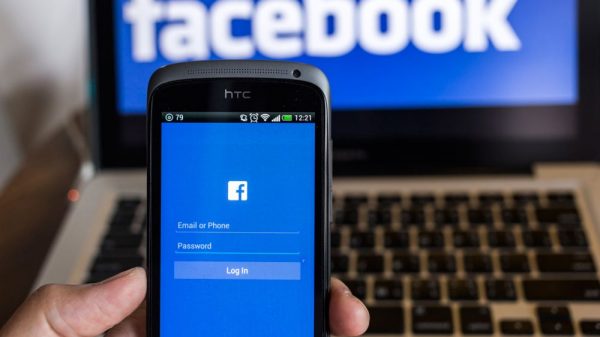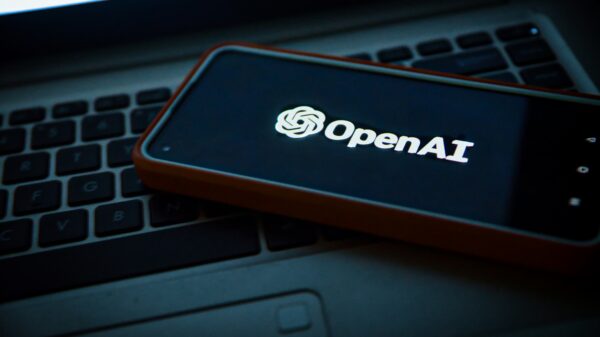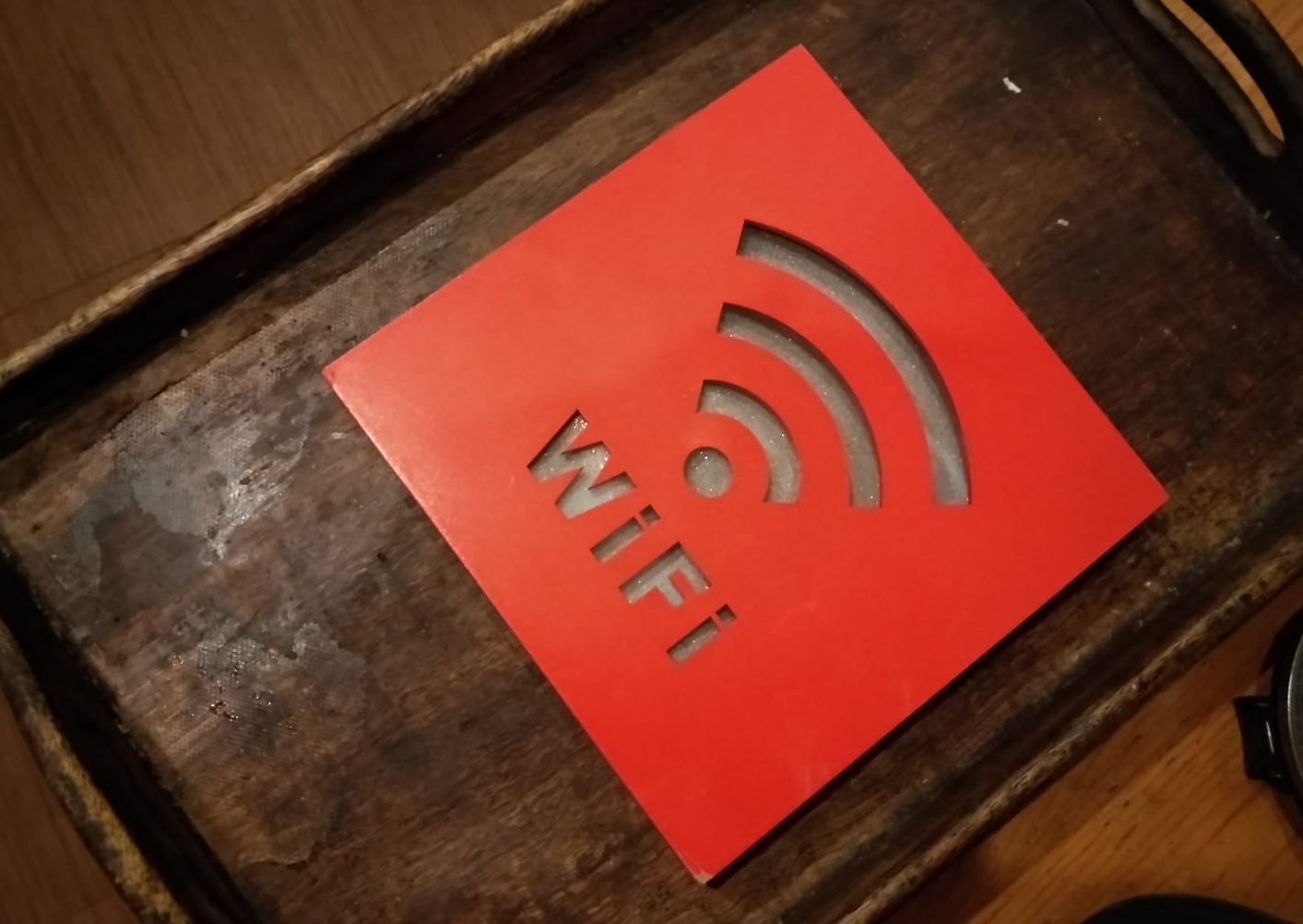Public WiFi hotspots will require users to install an app and authenticate themselves with a one-time password, according to guidelines issued by the Department of Telecommunications. Public WiFi hotspots have been held back by regulatory uncertainty and security conditions, some of which seem to be continuing with the DoT's new guidelines. The WiFi Access Network Interface (WANI) system means that different hotspot providers could potentially require different apps, and users can’t just sign in to WiFi hotspots instantly. While this requirement is less problematic than requiring Aadhaar numbers from users, as originally suggested, it still adds friction to the process that doesn’t exist for mobile data, which is cheaper than anywhere else in the world in India. What’s more, digital payment options are mandatory, which some users may not be in a position to use. Public WiFi hotspots face an uphill battle in India; Google pulled out of the over 400 WiFi hotspots it helped install in Indian railway stations, handing over control and possible revenues to RailTel, a government ISP. Telecom operators disapprove of hotspots as they disapprove of commercialising WiFi, which they argue should only be available for personal use. It’s unclear what the government achieves with authenticated WiFi connections, as even the most rudimentary VPN technology can make it nearly impossible for authorities to track down wrongdoers online, or at least connect their actions to individual WiFi hotspots. Also read Cabinet Clears Public WiFi Plan, Public Data Offices To Be Set Up Without License Fee DoT to…





























